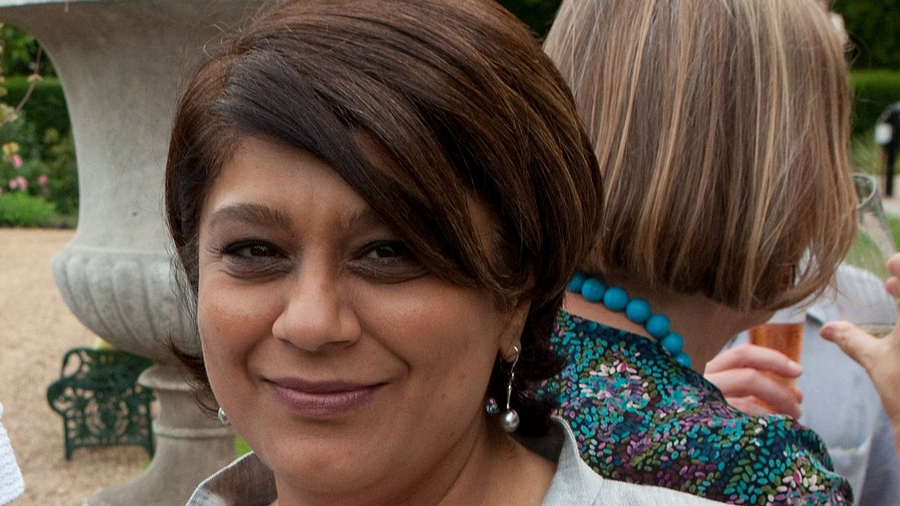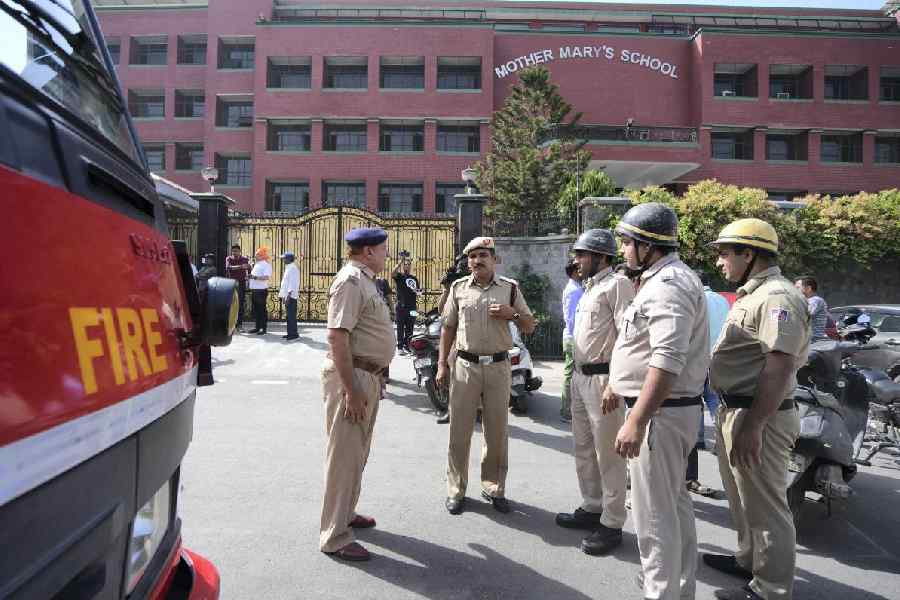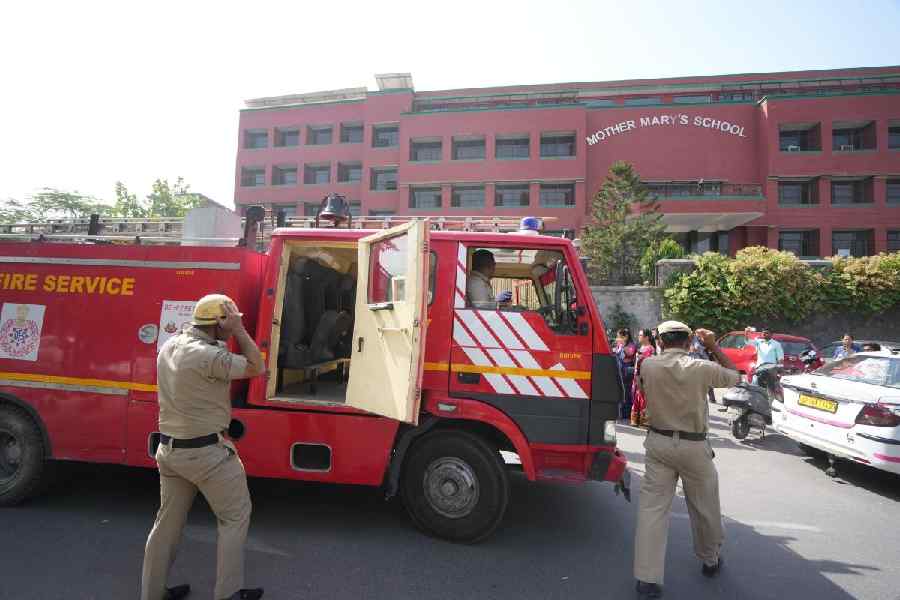All the world’s a stage for Baroness Shriti Vadera, who has played many parts in her 58 years, the latest being the chairperson of the Royal Shakespeare Company, ‘the first woman and first person of colour’ to be appointed to the post. She was born into a Gujarati family in Uganda, did her schooling in India and England, read Philosophy, Politics and Economics at Oxford, went into the City, served as a minister under Gordon Brown and helped the then prime minister tackle the 2008 financial crisis, became chairperson of Santander, United Kingdom, the first woman to head a British bank, and is currently the chairperson of the insurance giant, Prudential plc. I have known the no-nonsense Shriti for quite a long time as one of the judges of the Financial Times/McKinsey Business Book of the Year Award (“of course, I read the books”).
Shriti has always believed in diversity as it reduces the risk of “group think”, she told me once. The RSC, which has long been practising colour-blind casting by, say, having a black Romeo opposite a white Juliet, also promotes “equality, inclusion and diversity” and the notion that “Shakespeare is for everyone”. I once attended a workshop the RSC did in Stratford-upon-Avon in 2012 with three people from Calcutta — Anjana Saha, then deputy principal, Delhi Public School, Newtown, her pupil, Anmol Hoon, and Janardan Ghosh, a drama teacher from Apeejay School.
Bright future
When Usha Goswami wanted to apply to Oxford, the head of sixth form at her north London comprehensive school crushed the idea: “Now, Usha, why do you want to go to Oxford? I see you going to Manchester and getting a 2:2.” But Usha, who had got A grades in A levels in English, Economics and History, took a friend’s advice and wrote directly to three Oxford colleges. Two turned her down, but Peter Bryant, a don at St John’s College, Oxford, rang her: “Come along on Friday, I’ll give you an interview.” Usha, who wanted to read experimental psychology, recalls: “They decided to take a chance. I have Peter Bryant to thank for that.”
Usha returned to Oxford to do her DPhil, with Bryant as her supervisor. Last week, Usha, now a fellow of St John’s College, Cambridge, and professor of cognitive developmental neuroscience in the department of psychology at Cambridge University, was elected a Fellow of the Royal Society, the world’s most prestigious gathering of scientists. I spoke afterwards to Usha, who was born in London to a Punjabi father, Roshan Lal Goswami, an electrical engineer who had worked for the Indian High Commission in London, and a German mother, Elisabeth Irene Zenner.
Usha was made an FRS partly because of her cutting-edge work with dyslexic children. They have difficulty reading not because they are “stupid”, a common prejudice, but because of the way their brains interpret received sound. One day she hopes it may be possible to solve the problem by wearing a kind of hearing aid — “that would be the ultimate goal”.
Britain’s nightmare
India appears to be in flames, judging from the images from its cremation grounds published in British newspapers. In marked contrast, England, Scotland and Northern Ireland reported zero Covid deaths on Monday. But Britain has been through a nightmare too — the record in a country with a 67 million-strong population was reached on January 20, 2021, with 1,820 deaths and 38,905 people testing positive.
Rachel Clarke, a palliative care doctor, had raged at the prime minister Boris Johnson: “Another 1820 UK Covid deaths. This figure makes me want to weep, scream... As if the deaths alone weren’t devastating, knowing many were avoidable crushes me. These are mass casualties caused by the failure of government. Heartbreaking.” On March 12, 2020, Boris had levelled with the British public: “Many more families are going to lose their loved ones before their time.” Five days later, Sir Patrick Vallance, the government’s chief scientific adviser, suggested keeping Covid deaths below 20,000 would be a “good outcome”. The number of deaths is now close to 1,28,000, one of the worst in the world. But British funerals are away from the cameras.
Boris’s get-out-of-jail card was to pay up front for 367 million doses of various vaccines. Two-thirds of UK adults have been vaccinated with a first dose and over 16.7 million with a second. I have in my pocket a little button badge which, given what is happening in India, causes much anguish. It reads: “I’ve had my Covid vaccination.”
In memoriam
My late friend, David Twiston Davies, came to mind because of a 630-word obituary on Furdoon “Duck” Mehta in The Daily Telegraph. David was always on the lookout for “anecdotes”. Mehta, who was born into a Parsi family in Bombay in 1920 and died on his 101st birthday, “was believed to have been the only Indian officer to fly with a British Air Observation Post... Squadron in the Second World War”. Incidentally, today marks the 100th anniversary of the Royal British Legion which was set up “to fight the injustices faced by [soldiers] returning home after service”.
Footnote
Unlike Boris Johnson, the Labour leader, Sir Keir Starmer, has not made it a point to promote Indians. Following the Labour’s poor performance in local government polls, he conducted a reshuffle of his shadow cabinet. He sacked Valerie, sister of former MP, Keith Vaz, as shadow leader of the Commons. However, he has retained Lisa Nandy as shadow foreign secretary. Her father, Dipak Nandy, a self-styled Marxist academic from Calcutta — where else? — was once big in British race relations.










